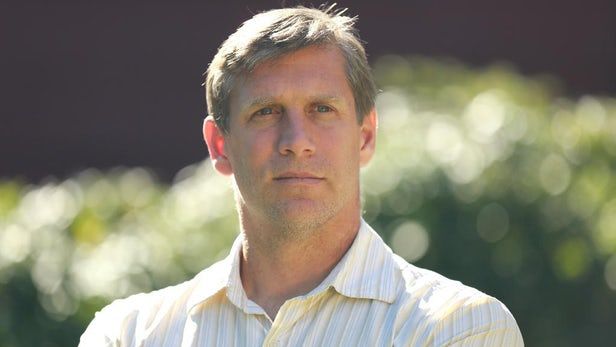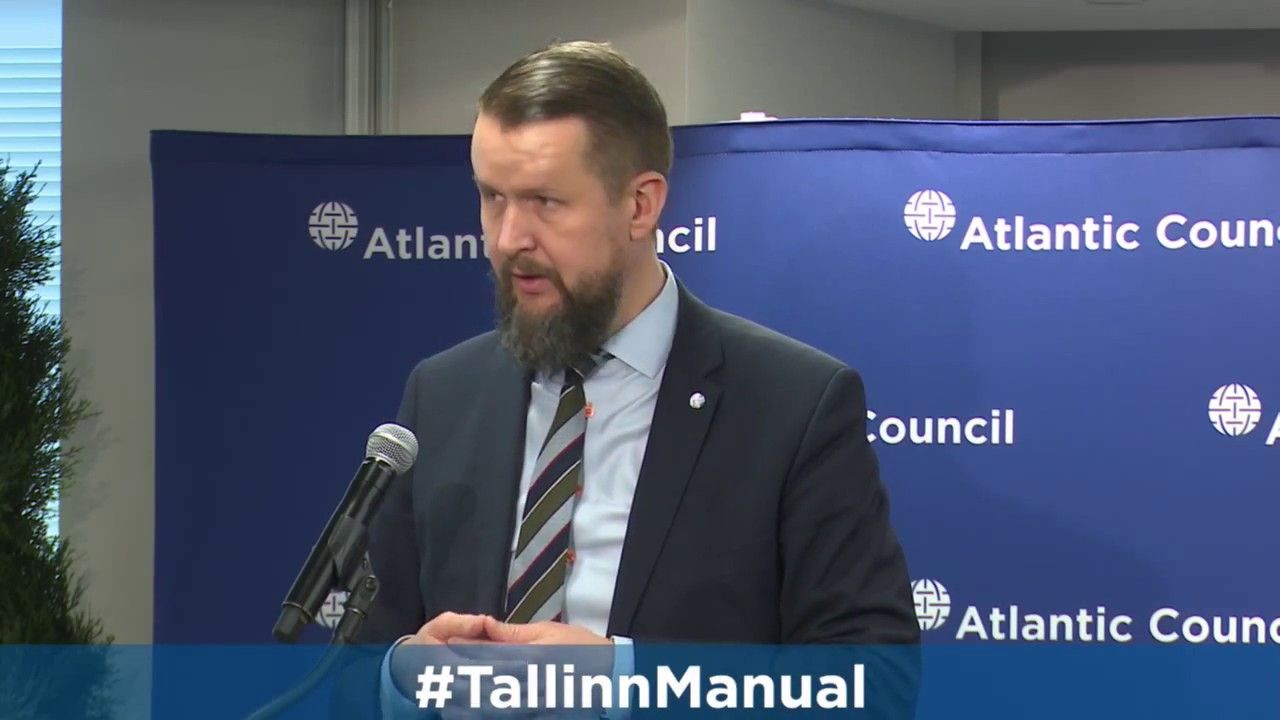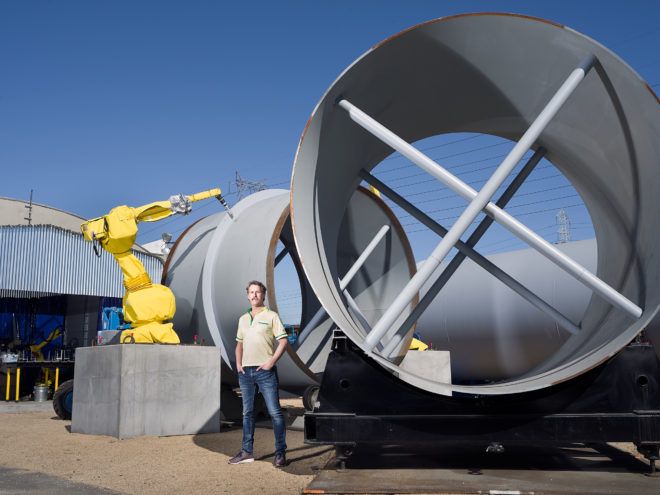Feb 25, 2017
India can become a leading scientific power in the world
Posted by Derick Lee in category: law
He also said there are a lot of opportunities for India but it is China which is seizing them. “India must rise to the role it should be playing for its benefit, for the benefit of science and rest of the world,” he added. India and China have been growing rapidly in the last few decades and both have doubled their GDP. But China, he said, in this period doubled its investment in science and technology while India’s funding reminded at the same level. South Korea, a much smaller country, is also investing a lot in science and the results are showing, he said.
Funding delays and legal challenges preventing the country from achieving greatness, says Nobel Laureate David Gross.

Continue reading “India can become a leading scientific power in the world” »

















